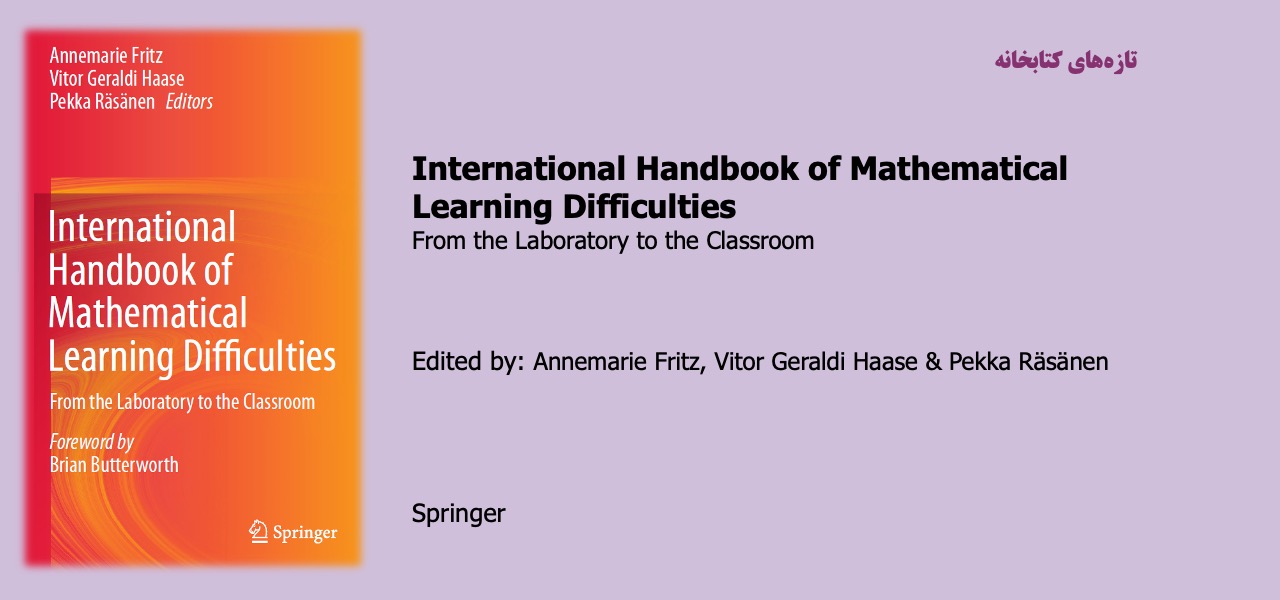International Handbook of Mathematical Learning Difficulties

Mathematical attainment is important for both individuals and societies. Despite widespread understanding that this is the case, systematic reviews of the impact of poor numeracy on life outcomes are relatively scarce and confined to the more advanced economies. In 2008, the UK Government Office for Science published a massive, authoritative and carefully researched report, the Foresight Mental Capital and Wellbeing Project subtitled Making the Most of Ourselves in the 21st Century.
It was led by a very distinguished board of scientists and the government’s Chief Scientific Officer, Sir John Beddington. The report summarised the consequences of very low numeracy, dyscalculia, which affects between 4% and 7% of children. Dyscalculia “has a much lower profile than dyslexia but can also have substantial impacts: it can reduce lifetime earnings by £۱۱۴,۰۰۰ and reduce the probability of achieving five or more GCSEs (A*-C) by 7–۲۰ percentage points.” [GCSEs are the main 16-year-old exam, and a requirement for further or higher education, and most decent jobs.] A large cohort study by the National Research and Development Centre in the UK concluded that men and women with poor numeracy have poorer educational prospects, earn less and are more likely to be unemployed, more likely to be in trouble with the law and more likely to be sick physically and mentally. The consequences for society are also dramatic. Again for the UK, the accountancy firm, KPMG, estimated the cost to the UK of poor maths in terms of lost direct and indirect taxes, unemployment benefits, justice costs and additional educational costs was £۲.۴ billion per year. In 2011, the OECD’s report, The High Cost of Low Educational Performance, demonstrated that the standard of maths drives GDP growth: the standard in 1960 was a good predictor of economic growth up to 2000; and the improvement in educational standard from 1975 to 2000 was highly correlated with improvement in economic growth. In particular, the report looked at the potential effects of improving standards in maths. OECD’s PISA (Programme for International Student
مطالب مرتبط

کتاب تمرین درمان شناختی – رفتاری برای مشکلات سلامت روان
۱ / اردیبهشت / ۱۴۰۴

درآمدی بر روانشناسی خرد
۱ / اردیبهشت / ۱۴۰۴

سرشت – چگونه سیمکشی مغزهای ما هویت ما را تعیین میکنند؟
۱ / اردیبهشت / ۱۴۰۴

